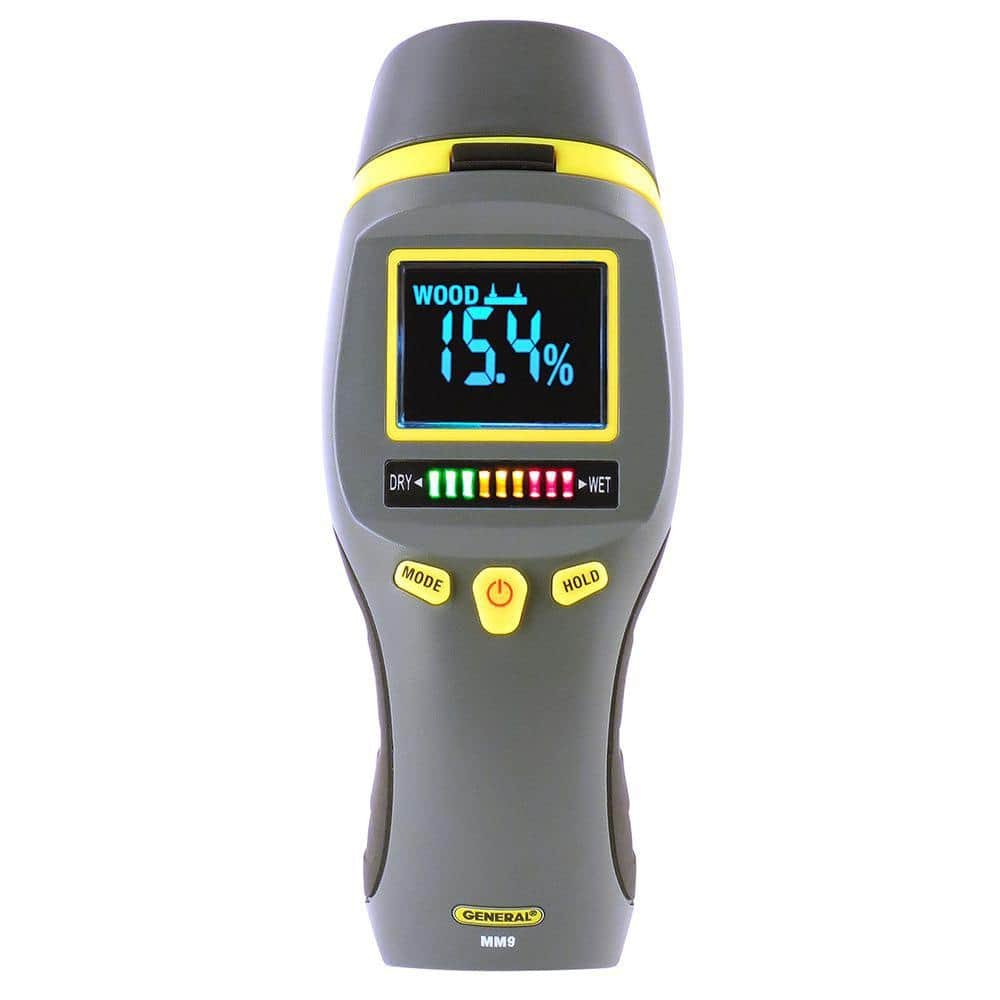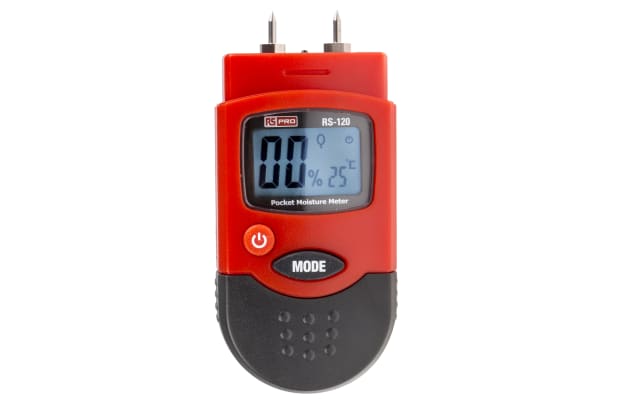Understanding the Various Kinds Of Moisture Meters and Their Applications
Understanding the Various Kinds Of Moisture Meters and Their Applications
Blog Article
The Ultimate Guide to Moisture Meters: A Comprehensive Review and How They Can Conserve You Cash
In the world of structure upkeep, building and construction, and different sectors, the significance of accurately measuring dampness degrees can not be overstated. Moisture meters function as essential devices in identifying and keeping track of moisture web content in materials, helping in protecting against expensive damages and guaranteeing the top quality of products. Recognizing the nuances of various kinds of moisture meters, their applications, and the possible cost-saving benefits they use can be a game-changer for experts and companies alike. Discovering how these gadgets can not just simplify procedures but likewise add to financial cost savings is a trip worth starting.
Kinds Of Moisture Meters
Numerous kinds of moisture meters are available for various applications in various industries. One common kind is the pin-type moisture meter, which measures the electric resistance between 2 pins put right into a product. This type appropriates for timber, drywall, and other structure materials. Pinless moisture meters, on the other hand, use electro-magnetic sensing unit plates to scan a larger location without causing damages to the material's surface area. These meters are suitable for quickly assessing moisture levels in big areas such as floors and wall surfaces.
Moreover, there are also specialty moisture meters created for specific products like dirt, grain, or hay. These meters give exact dampness readings customized to the one-of-a-kind residential properties of the material being checked. Infrared moisture meters measure the thermal properties of a product to identify its wetness material non-invasively, making them useful for applications where pin or pinless meters might not be appropriate. Comprehending the various sorts of moisture meters readily available can assist industries choose the most appropriate device for their particular wetness measurement requirements.

Benefits of Making Use Of Moisture Meters

In addition, using dampness meters can lead to raised energy efficiency. In farming setups, wetness meters play a crucial duty in maximizing plant yields by enabling farmers to check dirt wetness degrees and make notified irrigation decisions.
Exactly How to Choose the Right Moisture Meter
Choosing the proper dampness meter includes taking into consideration vital aspects such as material compatibility, measurement variety, and calibration accuracy. When selecting a wetness meter, it's important to guarantee that the meter appropriates for the specific material you will certainly be screening. Different products have varying electric residential properties that can impact dampness analyses, so choosing a meter designed for your material is important for exact outcomes. Additionally, consider the measurement series of the wetness meter. Guarantee that the meter can detect wetness levels within the variety needed for your applications. Calibration accuracy is another critical element to bear in mind (Moisture Meter). Select a wetness meter with reliable calibration to make sure consistent and accurate analyses. Some meters may require routine calibration adjustments, so comprehending the calibration process is very important. By carefully assessing these elements, you can select a dampness meter that meets your requirements and provides precise wetness dimensions for your jobs.
Proper Techniques for Moisture Meter Usage
To ensure accurate moisture analyses and take full advantage of the performance of a moisture meter, using proper methods is essential. When making use of a pin-type wetness meter, insert the pins or probes into the product being tested till they make complete call. Make certain the that site pins are perpendicular to the surface to obtain one of the most exact reading. For pinless moisture meters, hold the gadget flat against the product and relocate gradually to cover the entire area for an ordinary analysis. It's critical to adjust the dampness meter according to the product being examined to improve accuracy. Take numerous analyses across the surface area and ordinary them out for an extra trustworthy outcome. In addition, guarantee that the material being checked is acclimated you could try this out to the environment to avoid manipulated readings. Regular maintenance of the moisture meter, such as cleaning up the pins or sensing unit, is additionally crucial to make certain regular and accurate analyses. By complying with these correct techniques, users can rely upon their wetness meter to supply trustworthy moisture levels, assisting in preventing pricey damages or making certain high quality in various applications.

Cost Financial Savings Through Moisture Meter Applications
Exactly how can the critical usage of moisture meters cause considerable price financial savings across different industries? Moisture meters play a crucial role in cost financial savings by preventing prospective damage and making sure quality assurance in different markets. In the farming sector, wetness meters help in identifying the optimal time for collecting plants, stopping excess or over-drying moisture that can affect the final item's quality. This exact tracking helps farmers avoid unnecessary losses and optimize their yield.

Furthermore, in the food processing sector, dampness meters are essential for keeping an eye on item quality and guaranteeing conformity with security laws. By properly determining wetness material in food, suppliers can protect against putridity, maintain quality, and reduce waste, causing significant expense savings. On the whole, the strategic application of wetness meters is a useful investment that can cause significant expense decreases and boosted performance throughout different sectors.
Final Thought
In conclusion, wetness meters are beneficial tools for measuring and identifying wetness levels in numerous products. By using the appropriate wetness meter and adhering to correct techniques, individuals can efficiently avoid expensive problems have a peek at this website caused by excess dampness.
Moisture meters offer as important tools in finding and checking moisture web content in materials, helping in avoiding costly problems and making certain the quality of products. Infrared wetness meters measure the thermal buildings of a product to determine its dampness content non-invasively, making them beneficial for applications where pin or pinless meters may not be appropriate.Moisture meters use indispensable benefits in properly evaluating and keeping track of moisture levels in diverse materials and atmospheres. In farming setups, moisture meters play an important function in enhancing plant returns by enabling farmers to check dirt dampness degrees and make informed watering decisions.In conclusion, wetness meters are useful tools for detecting and measuring moisture levels in different products.
Report this page